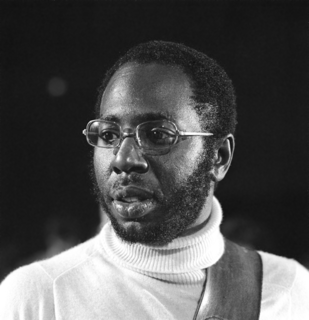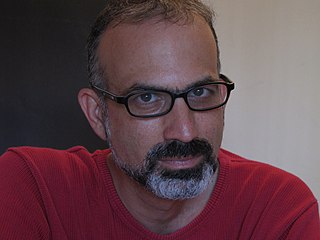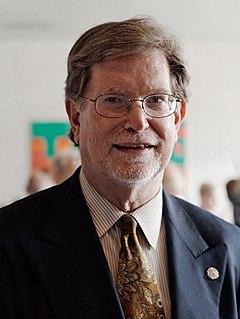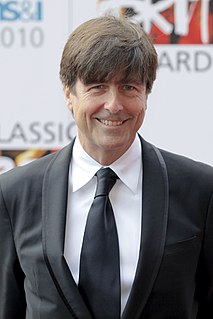A Quote by Philip Kitcher
When I try to outline the history of ethical life, it's sometimes possible to find evidence for a hypothesis about how important transitions actually went. Often, however, that isn't so. There are many facts about human life in the Paleolithic we're never likely to know.
Related Quotes
One of the significant facts about the moment of birth is that it is an unconscious moment. No one ever knows when he is being born that the event is actually taking place, and sometimes we don't find out about it until quite a long time afterward. Sometimes, we never do really find out that we have been born. So frequently, we don't know why we were born; we don't know where we came from; we don't know what the purpose of life is; nor do we understand the possibilities of our godly destiny.
How do you get from, "We do not know whether this is protectable human life," to "Therefore, we will not protect it?" Wouldn't the logic just as likely (some would say far more likely) be, "Since we do not know whether this is protectable human life, therefore we will protect it?" Why does the judicial uncertainty about the humanity of the unborn lead to unbridled license to destroy it?
I think of myself as being an ethical man, but I don't try to teach ethics. I have no message. I know little about contemporary life. I don't read a newspaper. I dislike politics and politicians. I belong to no party whatever. My private life is a private life. I try to avoid photography and publicity.
In college, in the early 1950s, I began to learn a little about how science works, the secrets of its great success, how rigorous the standards of evidence must be if we are really to know something is true, how many false starts and dead ends have plagued human thinking, how our biases can colour our interpretation of evidence, and how often belief systems widely held and supported by the political, religious and academic hierarchies turn out to be not just slightly in error, but grotesquely wrong.
History is about life. It's awful when the life is squeezed out of it and there's no flavor left, no uncertainties, no horsing around. It always disturbed me how many biographers never gave their subjects a chance to eat. You can tell a lot about people by how they eat, what they eat, and what kind of table manners they have.
Obviously I think it's really important to look back at your history, and that's why I think things like Pride are important. It's not necessarily about your experience of life, it's not about whether you find it difficult to be gay; it's about the fact that people have fought over hundreds of years for this to be okay, and also that there are many countries in the world where it's still not, and it's very dangerous to be gay.
For most problems found in mathematics textbooks, mathematical reasoning is quite useful. But how often do people find textbook problems in real life? At work or in daily life, factors other than strict reasoning are often more important. Sometimes intuition and instinct provide better guides; sometimes computer simulations are more convenient or more reliable; sometimes rules of thumb or back-of-the-envelope estimates are all that is needed.
Reshaping life! People who can say that have never understood a thing about life—they have never felt its breath, its heartbeat—however much they have seen or done. They look on it as a lump of raw material that needs to be processed by them, to be ennobled by their touch. But life is never a material, a substance to be molded. If you want to know, life is the principle of self-renewal, it is constantly renewing and remaking and changing and transfiguring itself, it is infinitely beyond your or my obtuse theories about it.
Of course, it's always difficult to disentangle fact from fiction in relation to, e.g., the singularity project. Many scientists I know are dismissive of transhumanist claims, BUT the last 100 years has surely taught us never to underestimate the pace and scope of scientific progress. However, even if much of this turns out to be science-fiction, it also reveals a way of thinking about human life that I find deeply troubling.
History is not just about dates and quotations. And it's not just about politics, the military and social issues, though much of it of course is about that. It's about everything. It's about life history. It's human. And we have to see it that way. We have to teach it that way. We have to read it that way. It's about art, music, literature, money, science, love - the human experience.
































